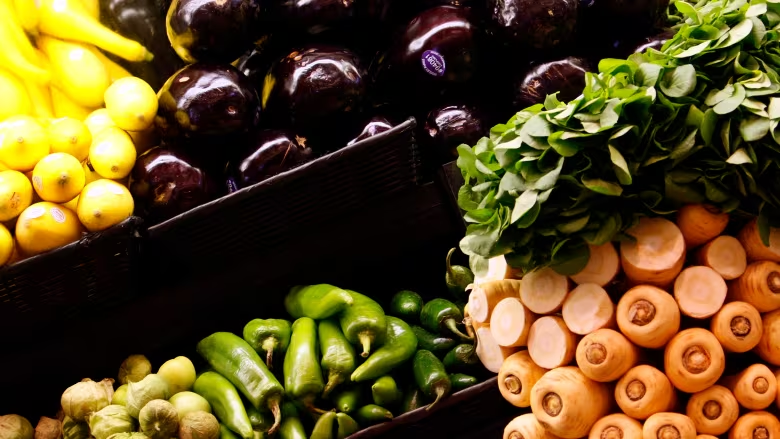On average, there have been between 220 to 250 recalls each fiscal year, CFIA says
Carrots are among the latest vegetables to be recalled due to possible bacterial contamination. (Lucy Nicholson /Reuters)
Canada has seen many high-profile food recalls this year — from sweet kale chopped-salad kits to plant-based milks — and even some cases of serious illness and death from Listeria.
Why does it seem like there have been so many recalls recently? Here’s what you need to know.
What’s been happening?
Over the summer, in what may have been the most talked-about recall, three people in Ontario died in a listeriosis outbreak associated with certain Silk and Great Value plant-based beverages. A total of 20 people were also sickened in Quebec, Nova Scotia and Alberta. The affected products included almond milk and oat milk.
People who eat foods contaminated with Listeria may carry the bacteria and not develop the listeriosis illness. But more severe illness may result in the brain infection meningitis and blood infection in newborns and older adults. Severe illness during pregnancy is also a risk to the fetus.
Last month, the Public Health Agency of Canada said the outbreak appeared to be over and it closed the investigation.
There was also news coming from McDonald’s in the U.S. of slivered onions tied to E. coli illnesses, and 61 people infected with an outbreak strain of Listeria from 19 U.S. states tied to deli meats.
And over the past few weeks in Canada, recalls have included organic carrots, due to E. coli risk, and cucumbers and chopped kale salads, over salmonella concerns.
Have there been more food recalls than usual?
Not exactly. There have been 139 recalls so far in the 2024-25 fiscal year, which ends March 31, said Meghan Griffin, acting manager of food safety and recalls at the Canadian Food Inspection Agency (CFIA).
On average, there have been between 220 to 250 total recalls each fiscal year for the past five years. (There was an outlier in the 2019-2020 year, which saw 560 recalls, according to the CFIA’s data.)
There hasn’t been a significant increase over that period either, says Griffin.
Timothy Lytton, a law professor at Georgia State University, said contamination and outbreaks are identified quicker than before.
“Much of this is a function more of media coverage and public anxiety and the way they feed off each other, rather than particular hard data that we have about how dangerous your lettuce is in the salad tonight.”
Recalls aren’t always because of potential pathogens — they’re also for materials found in food like glass, unlabelled allergens, or because products haven’t been labelled in both English and French.
And not all recalls are triggered because people have gotten sick, said Burrows. Sometimes they’re done by the company pre-emptively, because they spot an issue in routine testing. The recent recall of sweet kale salad is an example of this.
Are there different types of recalls?
The CFIA classifies food recalls into classes I, II and III, for high, moderate and low risk that eating the food can lead to health problems, and if so, the severity. Class III also includes products that have no health risk but don’t comply with legislation.
Ian Young, an associate professor in occupational health at Toronto Metropolitan University, said fatal contamination is rare.
Young noted that in the case of the listeriosis outbreak in plant-based milk, the CFIA concluded that the Pickering, Ont.-based facility did not properly implement environmental swabbing and finished-product testing.

